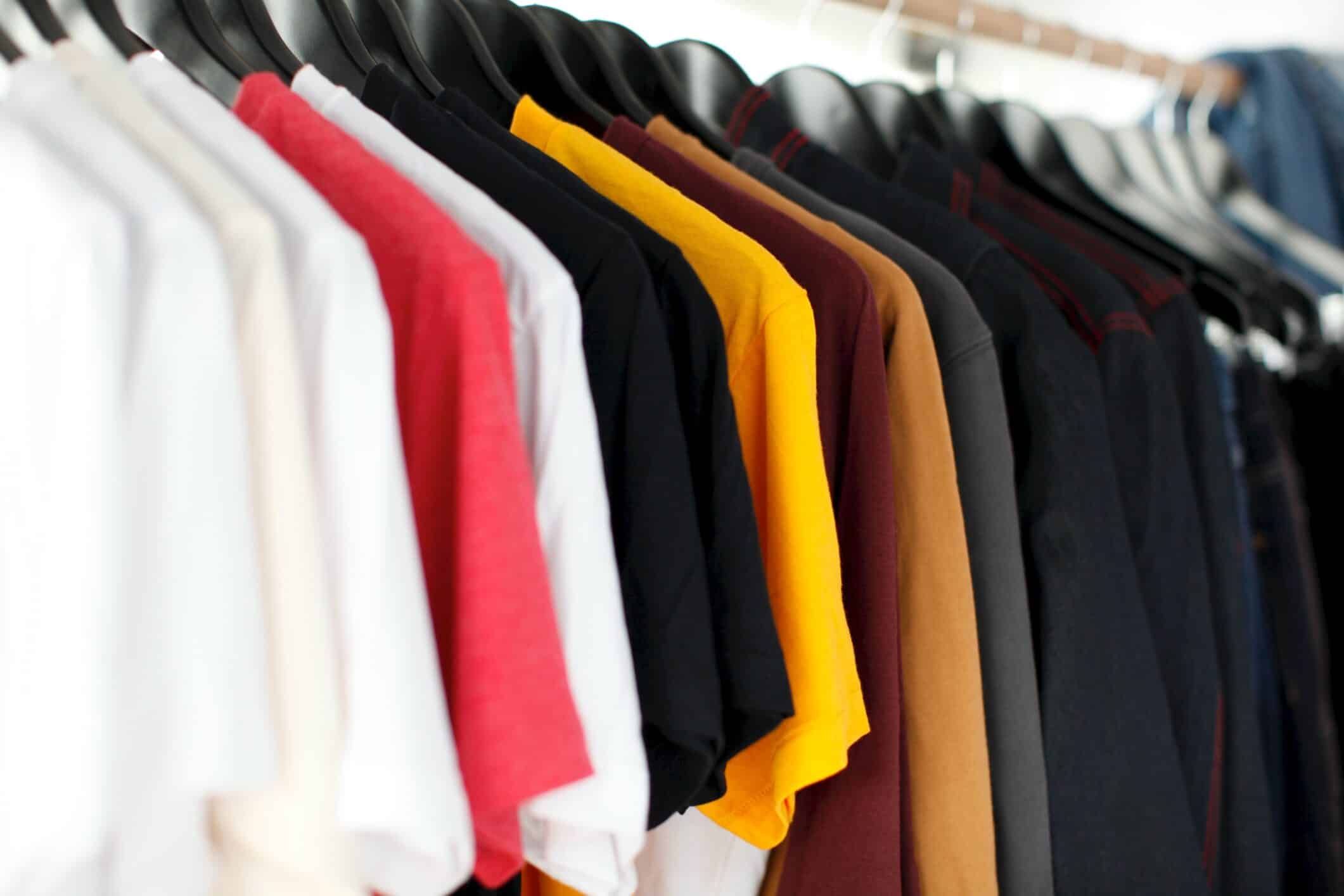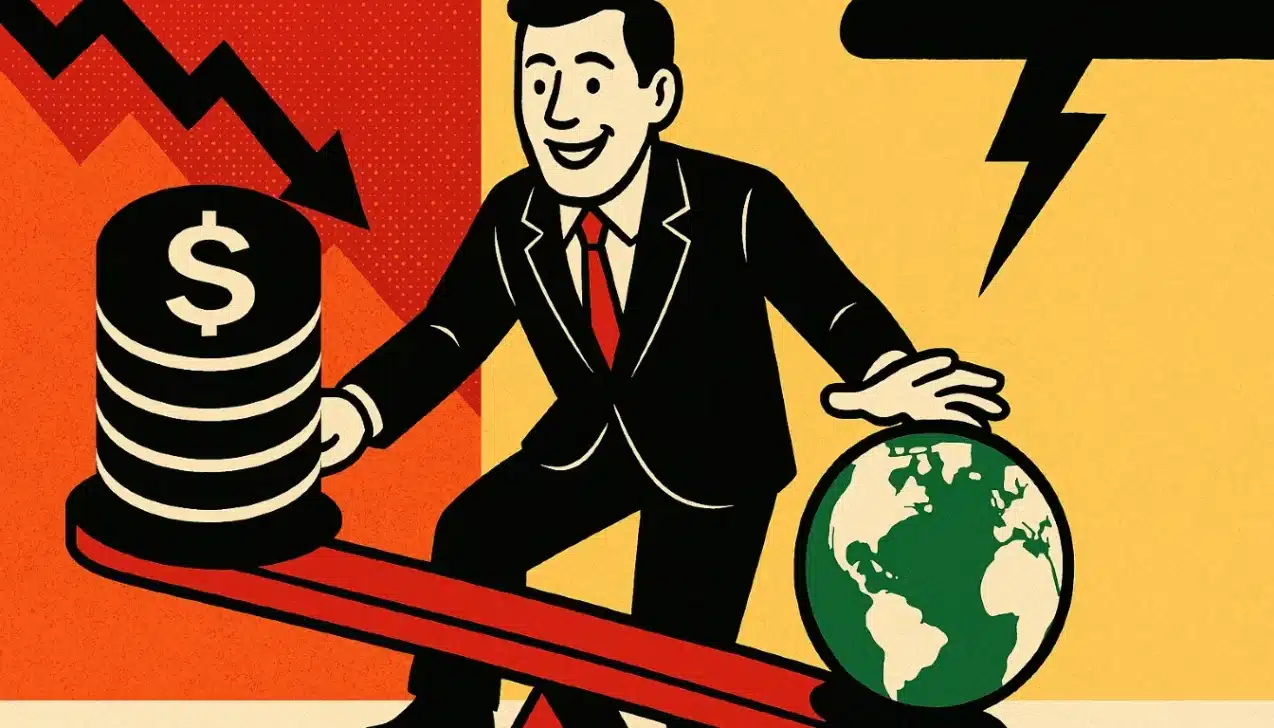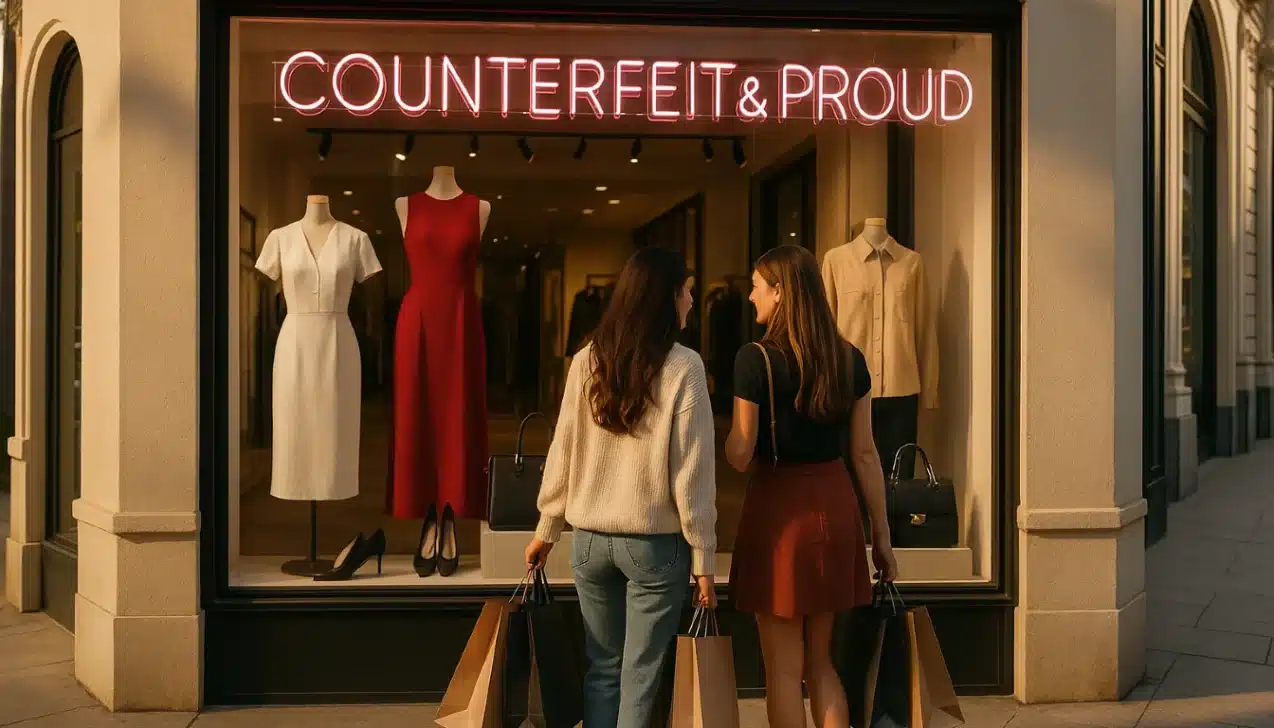If you’ve become more picky about which brands to buy from, you’re not alone. The trend towards conscious consumerism – where people make choices equally, or mostly, on the corporate behaviour of brand owners – has accelerated over the course of the last year.
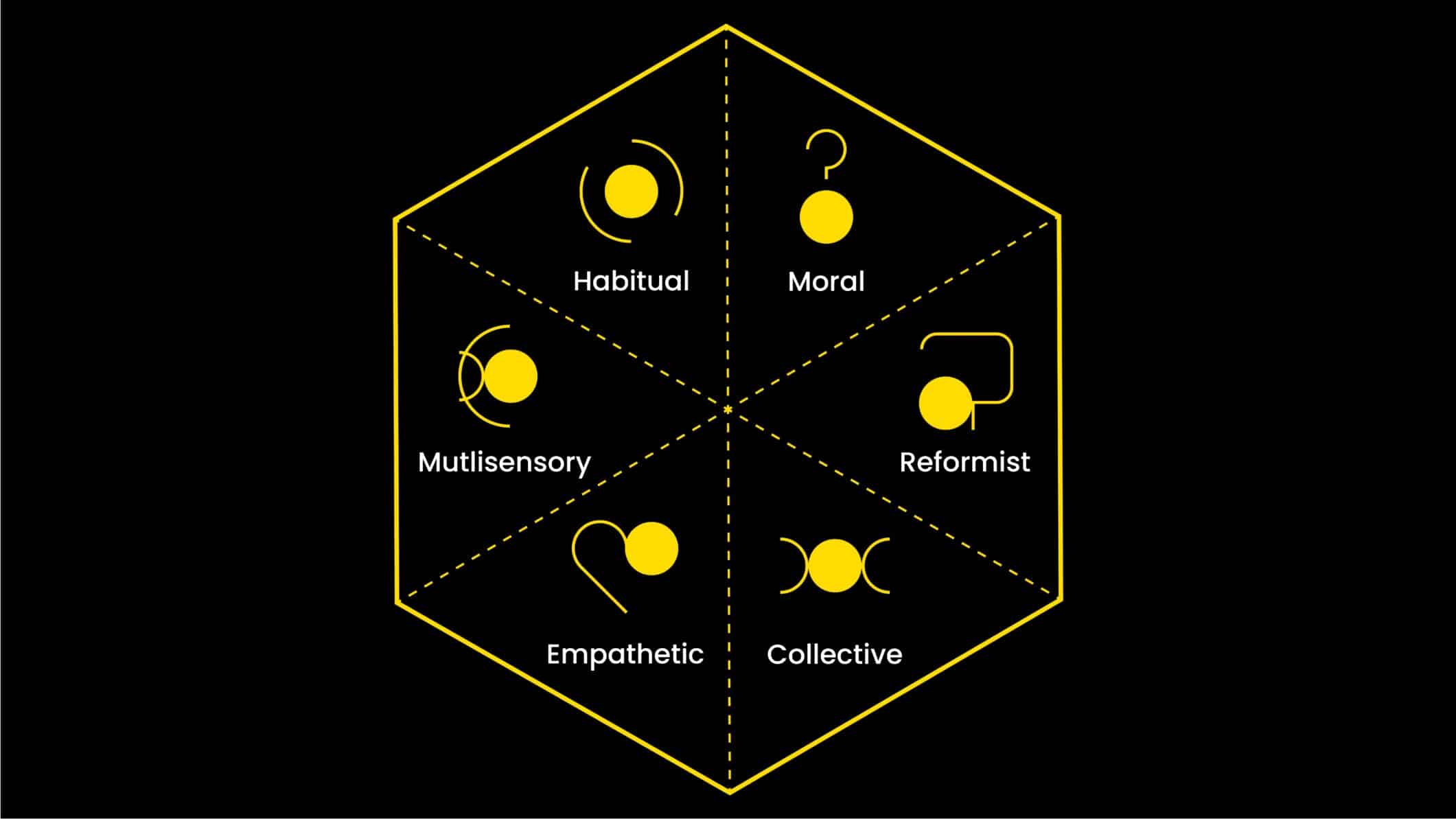
Consultancy Wollf Olins say ‘conscious brands’ display six key characteristics
The new Conscious Brands study by Wolff Olins suggests that a ‘human-centric conscious agenda’ will be a must for all brands that want to emerge stronger post-pandemic. The consultancy’s Senior Strategy Director David Stevens comments: “We believe it takes a different kind of brand to succeed in this environment: a conscious one. Alive to the mood of the world, deeply attuned to human emotions, ready to adapt instantly to changing customer needs. In a word, we call this responsive behaviour. But a conscious brand is also mindful of its societal role, its impact, its faults, its duties, the difference it can make. In a word, responsible.”
Cutting through the jargon, it means that those brands actually putting their customers first and concentrating on doing the ‘right thing’ will probably come through stronger.
Among the myriad of issues concerning consumers and exercising company strategists, the topic that seems to have become more important than many others over the last year is the environment. Just think about how this broke through into the very mainstream at this year’s Superbowl, with one example being Chipotle’s burrito ad. Let’s not mention the unfortunate environment-focused Jeep ad that had to be taken down from YouTube because of Bruce Springsteen’s subsequent DWI arrest. And let’s not forget that the new Biden regime has already created a friendlier environment for environment-friendly brands.
Chipotle’s Superbowl ad this year is about doing good in the world
Consumers really do care about the way companies are addressing climate and environment issues, according to new research by research group Kantar. In their Who Cares Does report, they report a 4% rise in people who can be categorised as ‘Eco Actives’ and an 8% decrease in ‘Eco Dismissers’ in 2020. As the ‘Eco Actives’ apparently represent around $382bn of sales a year to the fast moving consumer goods industry alone, this means big money and a bottom-line reason to take the issue even more seriously.
Another recent survey, from Accenture, finds similar shifts in attitude. They identify a ‘Me. Reinvented’ segment of consumers (around 16% of the total), who are typically younger and more affluent and for whom sustainability is a key decision factor when buying stuff. Around one in three of this group say it’s in their top three considerations when making a purchase.
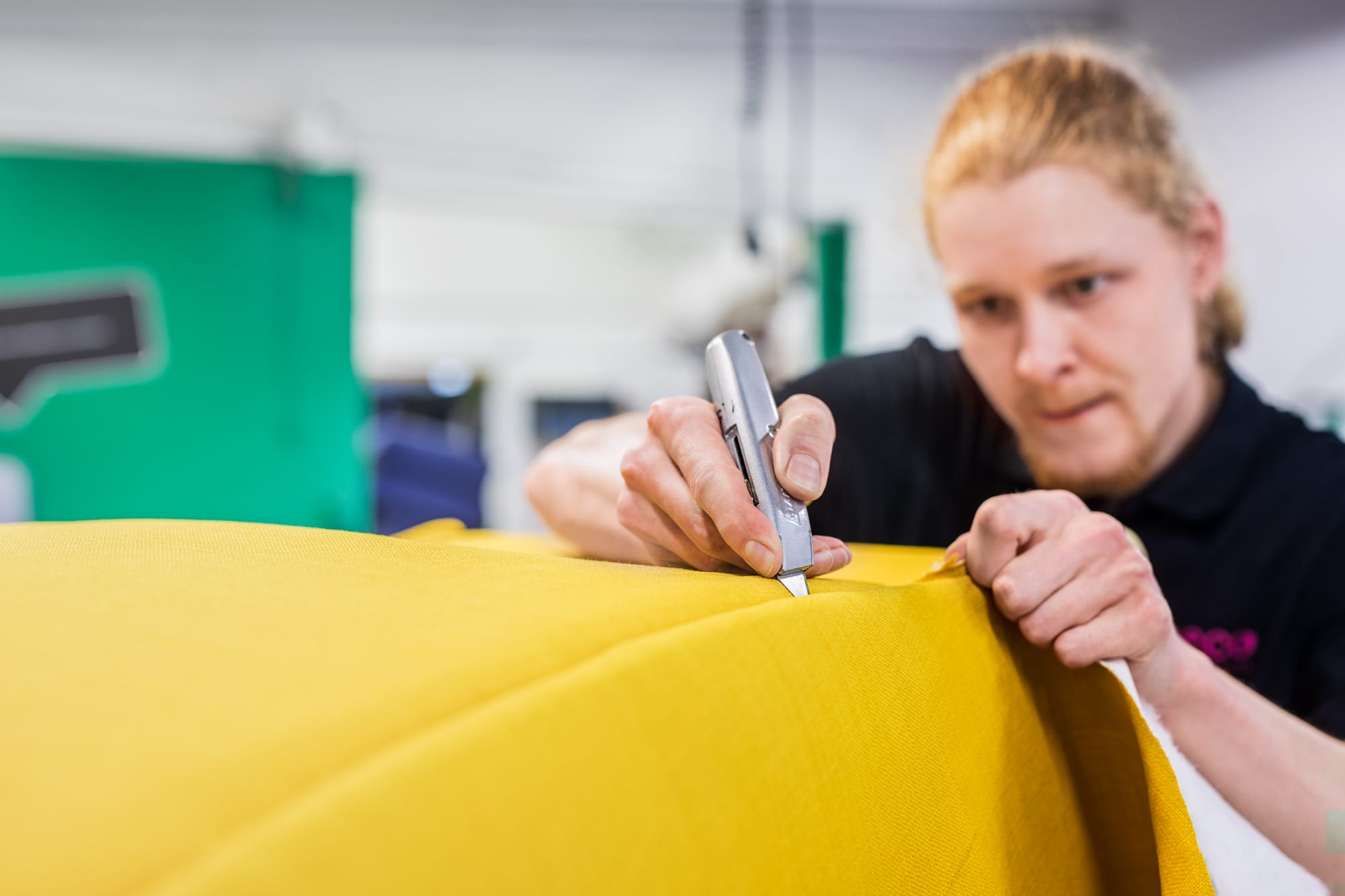
IKEA has started to offer buy-back and refurbishment services
IKEA does seem to be making strides to put this into action across their supply chain, but also with consumer-facing services like their buy-back scheme where customers can sell back used furniture for resale. A sort of Depop for furniture, if you like.
Tone of voice also seems to be very important for brands – gone are the days of 90s style self-congratulatory marketing. Now’s the time to be seen to be much more caring and sharing. At the same Wolff Olins event, Ulrike Decoene, Group Head of Communication and Brand at financial services giant AXA, talked about how they are evolving their brand: “We need to act with more humility, tell customers we will try our best. As a brand we need to listen, learn, be humble and agile – and accept we will make mistakes. This really is a new era.”
And companies do often make mistakes, particularly when it comes to wanting to be seen to be good environmental and corporate citizens. This mostly happens when they overclaim, try to hide underlying truths or under deliver against their targets. The result can be the shame of being labelled as a green-washer. Eco Business published a round-up of some brands that suffered this fate in 2020, including IKEA for the very same scheme mentioned before.
As brand identities only really exist in the minds of consumers, it follows that consumers are the ones who need to make up their minds about the environmental behaviours of those brands. So how can we actually do that?
The answer is you need to be fairly determined and willing to wade through a lot of information if you really want to evaluate brands against each other. It’s not surprising that gut-feeling is so important to so many people.
We need to act with more humility, tell customers we will try our bestHere are some of the places you can go to get information to help you evaluate brands: The World’s Most Ethical Companies – produced by The Ethisphere Institute, which describes itself as the ‘global leader in defining and advancing the standards of ethical business practices’. The Global 100 – a list of the most sustainable companies around the world. Notably global in outlook and includes both consumer-facing and business-to-business corporations. Ethical Consumer – a website dedicated to detailing the policies and actions of hundreds of companies with respect to the environment, human rights, workers’ rights, politics and product sustainability. The Fashion Transparency Index – this annual report reviews 250 of the world’s largest fashion brands and retailers and ranks them according to how much they disclose about their social and environmental policies, practices and impacts. The environment is just one of many important topics that today’s businesses need to concentrate on, but it is increasingly becoming the totemic issue that defines a conscious brand more than any other. And if a brand isn’t ‘conscious’ it doesn’t really have solid prospects for the future.
